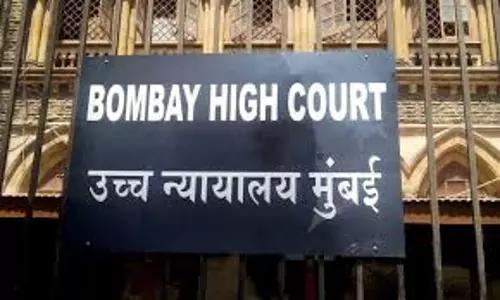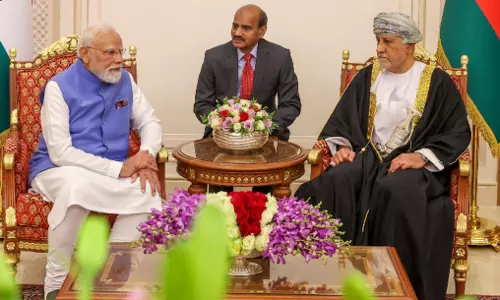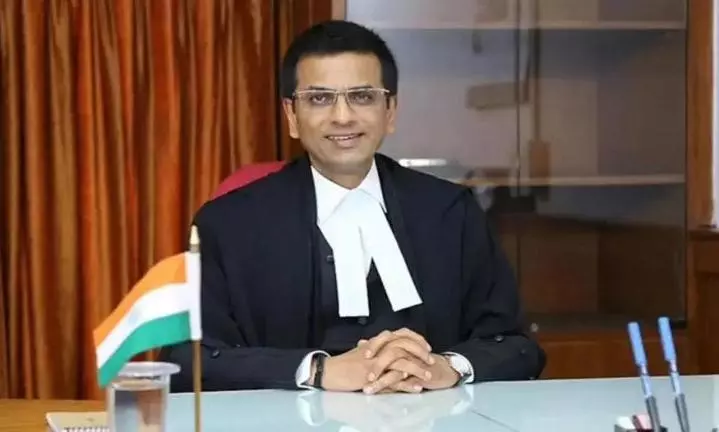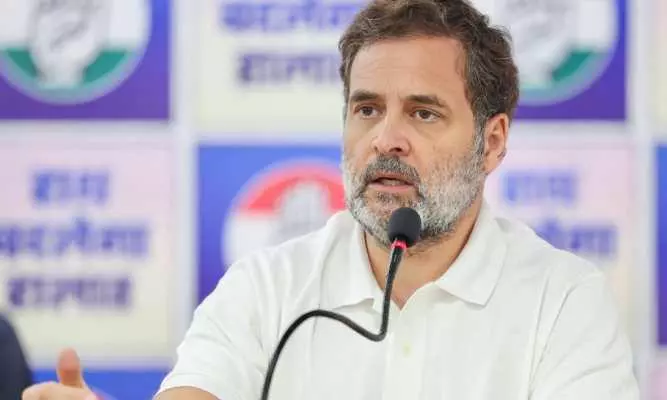
Mahua Moitra moves SC against EC's electoral roll revision in Bihar
text_fieldsNew Delhi: Trinamool Congress (TMC) leader and Member of Parliament Mahua Moitra has approached the Supreme Court challenging the Election Commission of India’s (ECI) directive for a Special Intensive Revision (SIR) of electoral rolls in Bihar. Moitra’s petition argues that the June 24 order violates multiple constitutional provisions and legal safeguards, and if allowed to proceed, could lead to the large-scale disenfranchisement of eligible voters across the country.
The petition, filed under Article 32 of the Constitution in public interest, seeks the setting aside of the ECI’s directive for the SIR being conducted in Bihar. It contends that the exercise infringes on Articles 14, 19(1)(a), 21, 325, and 328 of the Constitution, as well as the provisions of the Representation of the People Act, 1950, and the Registration of Electors Rules (RER), 1960.
Moitra also urged the apex court to restrain the Election Commission from issuing similar SIR orders in other states, warning that the move could undermine democratic processes and fair elections nationwide.
"It is for the very first time in the country that such an exercise is being conducted by the ECI, where electors whose names are already present in electoral rolls and who have voted in previous elections are being asked to again prove their eligibility," the plea, filed through advocate Neha Rathi, states.
The petition further highlights that the SIR order requires voters to present citizenship documents—such as proof of citizenship of either or both parents—for inclusion or retention in the rolls. Failure to produce such documentation, it claims, could result in the exclusion of legitimate voters. This requirement, the plea argues, is ultra vires Article 326 and imposes extraneous qualifications not provided for under the Constitution or the Representation of the People Act.
A similar plea has also been filed by the NGO Association of Democratic Reforms (ADR), challenging the EC’s decision and calling for its withdrawal. The NGO contends that the order breaches Articles 14, 19, 21, 325, and 326, along with provisions of the Representation of the People Act and Rule 21A of the Registration of Electors Rules, 1960.
The ADR’s petition, filed through advocate Prashant Bhushan, warns that the EC’s directive could arbitrarily and without due process lead to the disenfranchisement of lakhs of eligible voters, thereby compromising the integrity of free and fair elections. It criticises the documentation requirements, the lack of due process, and the short timeline for implementation, all of which, it argues, risk removing genuine voters from the rolls.
The Election Commission issued its SIR instructions on June 24, citing the need to eliminate ineligible names and ensure the accuracy of electoral rolls. The last such intensive revision in Bihar was conducted in 2003.
According to the EC, the exercise has been necessitated by a range of factors, including rapid urbanisation, frequent migration, a growing number of newly eligible young voters, non-reporting of deaths, and concerns over the inclusion of foreign illegal immigrants.
The verification process is being carried out by booth-level officers through house-to-house surveys. The Election Commission has maintained that it will strictly adhere to the constitutional and legal provisions laid down in Article 326 of the Constitution and Section 16 of the Representation of the People Act, 1950, during the entire revision process.
Meanwhile, several civil society organisations and activists, including the People’s Union for Civil Liberties (PUCL) and political commentator Yogendra Yadav, have also approached the Supreme Court against the ECI’s directive. Their petitions align with the concerns raised by Moitra and ADR, warning of the far-reaching consequences the SIR could have on voter rights and democratic participation ahead of the upcoming Bihar elections.
With PTI inputs




















